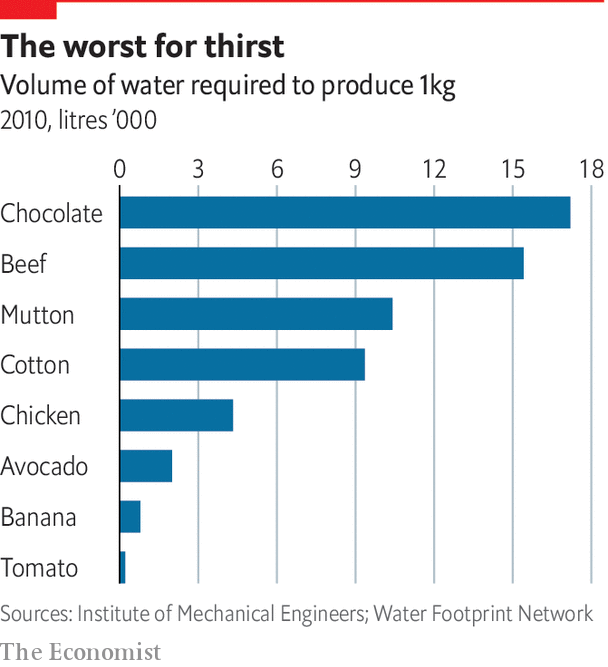Two brothers have pleaded guilty in the US to facilitating the payment of millions of dollars in bribes to officials in nine countries, including Iraq.
Cyrus Ahsani, 51, and Saman Ahsani, 46, both of United Kingdom (UK), ran the Monaco-based oil and gas consultancy Unaoil.
They are due to be sentenced on 20th April, 2020.
The following announcement was made by the US Department of Justice:
The U.S. Department of Justice said on Wednesday that Cyrus Ahsani, 51, and his 46-year-old brother Saman each pleaded guilty in March to one count of conspiracy to violate the Foreign Corrupt Practices Act (FCPA) on behalf of companies to secure oil and gas contracts.
They will be sentenced on April 20, 2020, the department said.
Steven Hunter, a 50-year-old British resident and former business development director, also pleaded guilty in August to one count of conspiracy to violate the FCPA.
The former CEO and chief operations officer (COO) of a Monaco-based intermediary company have pleaded guilty for their roles in a scheme to corruptly facilitate millions of dollars in bribe payments to officials in multiple countries. These included Algeria, Angola, Azerbaijan, the Democratic Republic of Congo, Iran, Iraq, Kazakhstan, Libya and Syria. The company’s former business development director also pleaded guilty for his role in paying bribes in Libya.
Assistant Attorney General Brian A. Benczkowski of the Justice Department’s Criminal Division, U.S. Attorney Ryan K. Patrick of the Southern District of Texas, Assistant Director in Charge Timothy R. Slater of the FBI’s Washington Field Office, Inspector in Charge Adrian Gonzales of the U.S. Postal Inspection Service (USPIS) Houston Division and Special Agent in Charge D. Richard Goss of the IRS-Criminal Investigation’s (IRS-CI) Houston Field Office made the announcement.
Cyrus Ahsani, 51, and Saman Ahsani, 46, both of United Kingdom (UK), each pleaded guilty March 25 to one count of conspiracy to violate the Foreign Corrupt Practices Act (FCPA), for conspiring to facilitate bribes on behalf of companies in foreign countries in order to secure oil and gas contracts. UK resident Steven Hunter, 50, former business development director, pleaded guilty Aug. 2, 2018, to one count of conspiracy to violate the FCPA. Cyrus and Saman Ahsani are set for sentencing April 20, 2020, before U.S. District Judge Vanessa Gilmore of the Southern District of Texas. Hunter’s sentencing is scheduled for March 13, 2020, before U.S. District Judge David Hittner.
According to court documents, former U.S. resident and CEO Cyrus Ahsani and former COO Saman Ahsani managed a Monaco-based intermediary company that provided services for multinational companies operating in the energy sector. From approximately 1999 to 2016, the Ahsanis conspired with others, including multiple companies and individuals, to make millions of dollars in bribe payments to government officials in Algeria, Angola, Azerbaijan, the Democratic Republic of Congo, Iran, Iraq, Kazakhstan, Libya and Syria.
Additionally, court documents reflect Cyrus and Saman Ahsani laundered the proceeds of their bribery scheme in order to promote and conceal the schemes and to cause the destruction of evidence in order to obstruct investigations in the United States and elsewhere. Hunter participated in the conspiracy to violate the FCPA by, among other things, facilitating bribe payments to Libyan officials between about 2009 and 2015.
The FBI, IRS-Criminal Investigation and U.S. Postal Inspection Service conducted the investigation. Trial Attorneys Dennis R. Kihm, Gerald M. Moody Jr., Jonathan P. Robell and Gwendolyn A. Stamper of the Criminal Division’s Fraud Section and Assistant U.S. Attorney Suzanne Elmilady of the Southern District of Texas are prosecuting the case. The Criminal Division’s Office of International Affairs also provided substantial assistance in this matter.
The governments of Australia, Canada, France, Guernsey, Italy, Monaco, the Netherlands, Portugal, Switzerland and UK provided significant assistance in this matter as did the U.S. Securities and Exchange Commission and Eurojust.
The Fraud Section is responsible for investigating and prosecuting all FCPA matters. Additional information about the Justice Department’s FCPA enforcement efforts can be found at www.justice.gov/criminal-fraud/foreign-corrupt-practices-act.
(Sources: US Dept of Justice, Reuters)

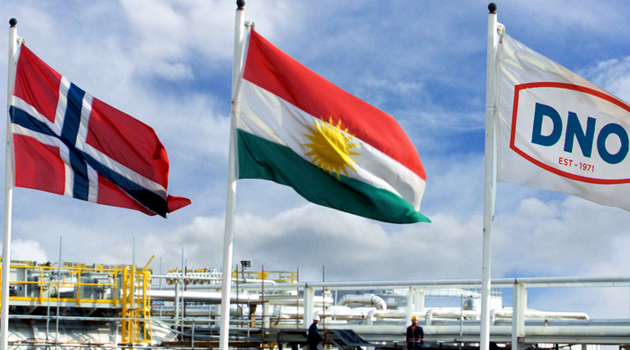
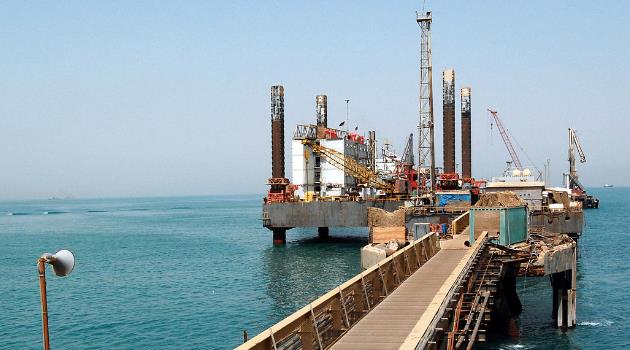
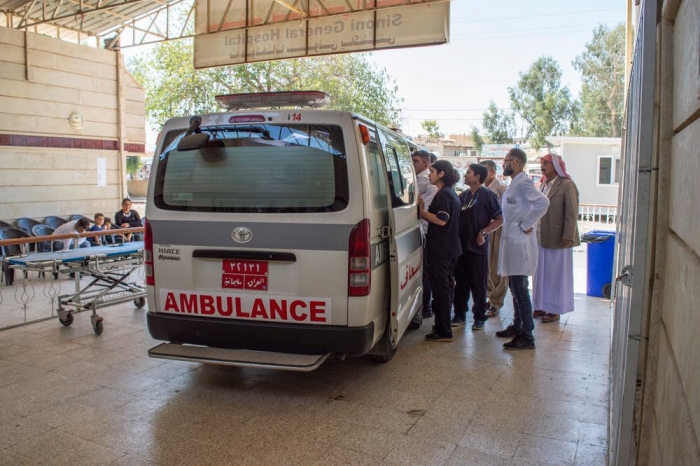
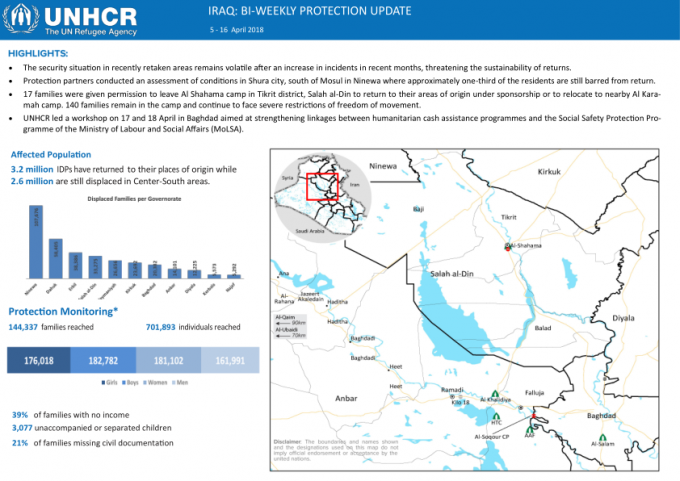
 11,292 refugees crossed into Iraq since the commencement of hostilities.
11,292 refugees crossed into Iraq since the commencement of hostilities.
